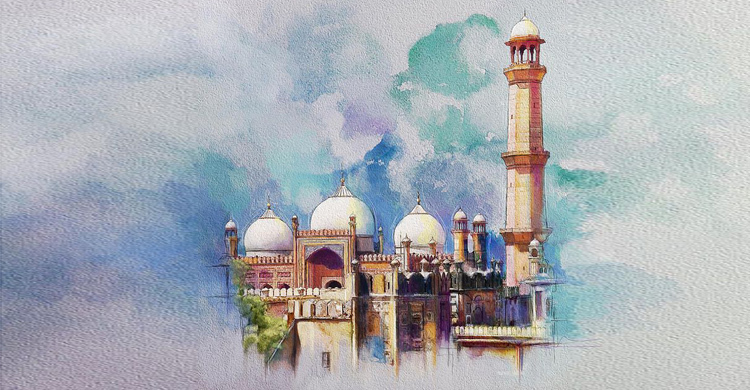The last month of the Hijri calendar is Zilhajj. Zilhajj is the most important of the three months of Hajj. The main activities of Hajj are performed on these six days, from the 8th to the 13th of this month. The first ten days of this month are especially virtuous. Allah has sworn by the ten nights of Zilhajj in the Quran. Allah says,
and
By the dawn, by the ten nights, by the even and the odd. (Surah Fajr: 1-3)
Jabir (may Allah be pleased with him) narrated that the Messenger of Allah (peace and blessings of Allah be upon him) said: In this verse, the ten are the ten days of the month of Dhul-Hijjah, the odd ones are the days of Arafah, and the even ones are the days of sacrifice. (Musnad Ahmad: 3/327)
The reward of any voluntary deed is increased during these ten days. It was narrated from Ibn Abbas (may Allah be pleased with him) that the Messenger of Allah (peace and blessings of Allah be upon him) said: “The good deeds done in the first ten days of Dhul-Hijjah are more beloved to Allah than any other time.” (Sahih Bukhari: 969)
Fasting is one of the voluntary acts of worship. Therefore, fasting during these days, like other voluntary acts of worship, will yield greater rewards, as can be understood from the above hadith. In addition, some hadiths have also described the special virtue of fasting the first nine days of Dhul-Hijjah. It is narrated from Abu Hurairah (may Allah be pleased with him) that the Messenger of Allah (peace and blessings of Allah be upon him) said, "Fasting each day of these ten days is equivalent to fasting for a year, and praying each night of it is equivalent to praying the Night of Decree." (Sunan Tirmidhi: 758)
It was narrated from Umm al-Mu’minin Hafsa (may Allah be pleased with her) that the Prophet (peace and blessings of Allah be upon him) used to fast the first nine days of Dhul-Hijjah every year. She said: The Prophet (peace and blessings of Allah be upon him) never gave up four acts. They are: fasting the day of Ashura, fasting the first ten days of Dhul-Hijjah, fasting three days of every month, and praying two rak’ahs before Fajr. (Sunan an-Nasa’i: 2416)
Of these nine days, the last day, the ninth of Dhul-Hijjah, has the greatest virtue. It is narrated in the Hadith that Allah forgives the greatest number of people on this day. Regarding the virtue of fasting on this day, the Messenger of Allah (peace and blessings of Allah be upon him) said: “Whoever fasts on the Day of Arafah, I hope that Allah will forgive his sins of the previous year and the following year.” (Sahih: 2617)
In Islam, fasting on any ordinary day is a highly rewarding act. Abu Saeed Al-Khudri (may Allah be pleased with him) reported that the Messenger of Allah (peace and blessings of Allah be upon him) said, “Whoever fasts for one day in the way of Allah, Allah will distance him from Hell by the distance of seventy years’ journey.” (Sahih Bukhari: 2840, Sahih Muslim: 1153)
From this, we can estimate how great the reward or reward of fasting during the virtuous days of Dhul-Hijjah will be. May Allah grant us success!



